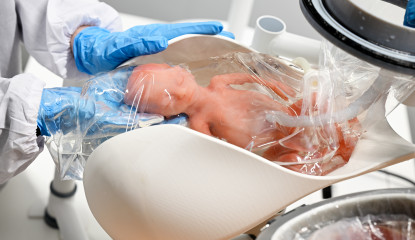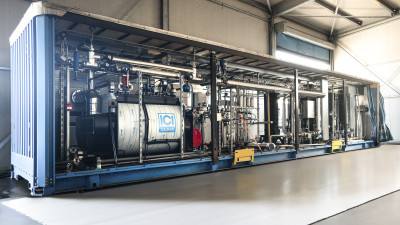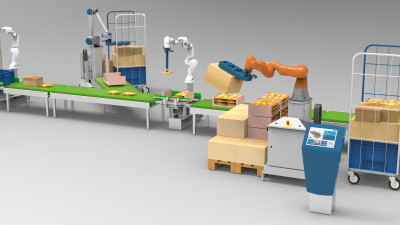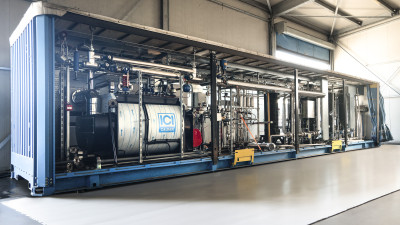Perinatal Life Support: Protecting Premature Infants

Preterm birth is a major global issue, affecting more than 1 in 10 babies worldwide. Currently, infants born between 24 and 37 weeks are placed in incubators, which help support their breathing and heart function until they reach full term. However, for babies born extremely prematurely – before 28 weeks – this method presents serious health risks, as their organs are not yet developed enough to manage the complex transitions required to survive outside the womb.
Breathing air is especially challenging for these extremely premature infants, often resulting in complications such as breathing difficulties, heart problems, neurological damage, and metabolic disorders, with long-term adverse effects. Despite advances in medical care, air-based incubators cannot fully replicate the protective environment of the mother's womb for these highly vulnerable babies.
A new research project is developing a liquid-based incubator, or perinatal life support system, designed to improve survival rates and the quality of life for extremely premature infants. The project has received nearly 3 million euros in funding from the European Horizon 2020 program under a Future and Emerging Technologies grant.
Prof. dr. Guid Oei (Head of the Perinatal Department, Máxima Medical Center): "The perinatal life support mimics the natural environment. The children remain immersed in fluid after birth, with oxygen and nutrition provided through the umbilical cord."
Impact
The researchers have created a proof-of-concept for the liquid-based incubator and developed an extremely realistic fetal manikin, a moving and breathing 24-week-old fetus, to test this artificial womb in a hospital setting with a team of professionals. The next step is to conduct preclinical experiments with a prototype designed with significant input from parents to optimize bonding. The plan is to establish a spin-out company in Q1 of 2025 to bring the liquid-based incubator to market in the coming years.
More info: https://perinatallifesupport.eu/
Horizon 2020 - Excellent Science: Future and Emerging Technologies
Meer verhalen van Technische Universiteit Eindhoven
-

-

-
MACBETH: Membranes And Catalysts Beyond Economic and Technological Hurdles
Technische Universiteit Eindhoven
